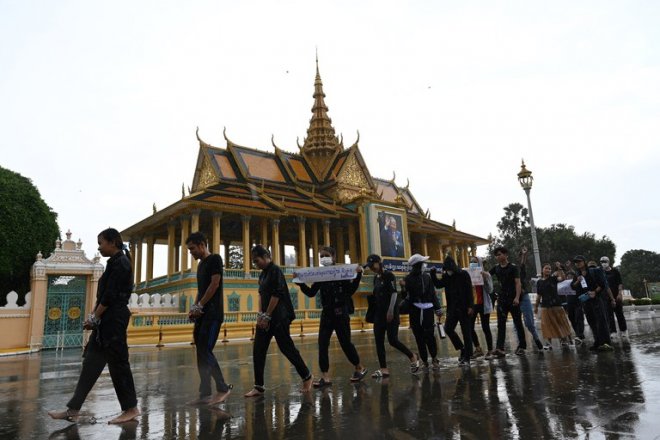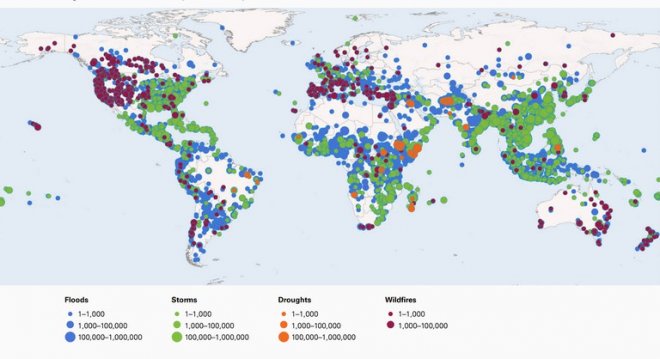New Zealand’s Ardern announces resignation as prime minister ahead of election
UPDATED AT 11:48 p.m. ET ON 1-18-2022Jacinda Ardern, the New Zealand politician whose empathetic leadership style inspired people worldwide, said she will step down as prime minister of the South Pacific country.
Ardern, whose popularity in New Zealand has dimmed in the past year, on Thursday said leadership of the nation of five million people during a turbulent five years had drained her. Ardern’s resignation would take effect as soon as her political party elects a new leader. She also announced that New Zealand’s next election will be held in mid-October.
“I have given my absolute all to being Prime Minister but it has also taken a lot out of me. You cannot and should not do the job unless you have a full tank,” she said. “Having reflected over summer, I know I no longer have that bit extra in the tank to do the job justice. It’s that simple.”
Ardern achieved global prominence for a brand of leadership that conveyed authenticity and humanity and was in stark contrast to the bombastic and erratic style of politicians such as former U.S. President Donald Trump.
Her empathetic response to victims of a terrorist attack in 2019 that killed 51 Muslim worshippers in the southern New Zealand city of Christchurch and rapid response in banning semi-automatic weapons was applauded internationally.
 New Zealand"s Prime Minister Jacinda Ardern (R) greets members of the Muslim community as she arrives at the mosque to unveil a plaque in memory of the victims killed in the 2019 twin mosque shootings, in Christchurch on September 24, 2020. Credit: Sanka Vidanagama/AFP
New Zealand"s Prime Minister Jacinda Ardern (R) greets members of the Muslim community as she arrives at the mosque to unveil a plaque in memory of the victims killed in the 2019 twin mosque shootings, in Christchurch on September 24, 2020. Credit: Sanka Vidanagama/AFPArdern gave birth to her daughter while prime minister and made headlines by bringing the three-month-old Neve with her to the 73rd U.N. General Assembly in 2018, which U.S. news outlets dubbed “diaper diplomacy.”
Her government’s strict lockdown response to the COVID-19 pandemic prevented the immediate high death tolls experienced in other countries and resulted in a landslide election win in late 2020 for Ardern’s ruling center-left Labour Party.
But the pandemic policies, including vaccine mandates that caused some people to lose their jobs, eventually caused frustration and social division, which along with the pandemic’s economic fallout contributed to waning popularity for Ardern and her government.
Record low interest rates and increased government borrowing – intended to cushion people from the economic consequences of the pandemic – sparked a rapid rise in prices for homes, which were already unaffordable for some New Zealanders.
“As to my time in the job, I hope I leave New Zealanders with a belief that you can be kind, but strong, empathetic but decisive, optimistic but focused,” Ardern said in the televised announcement. “And that you can be your own kind of leader, one who knows when it’s time to go,” she said.
Labour Party lawmakers will hold a leadership vote on Sunday. If no candidate gets two thirds support, the leadership contest will be decided by the registered members of the party, which the prime minister’s office said could be done no later than early February.
Leaders took to social media to praise Ardern. Australia’s Prime Minister Anthony Albanese said Ardern had “demonstrated that empathy and insight are powerful leadership qualities.”
BenarNews is an RFA-affiliated news service.
This story has been updated to add photograph.
[圖擷取自網路,如有疑問請私訊]
|
本篇 |
不想錯過? 請追蹤FB專頁! |
| 喜歡這篇嗎?快分享吧! |
相關文章
AsianNewsCast























